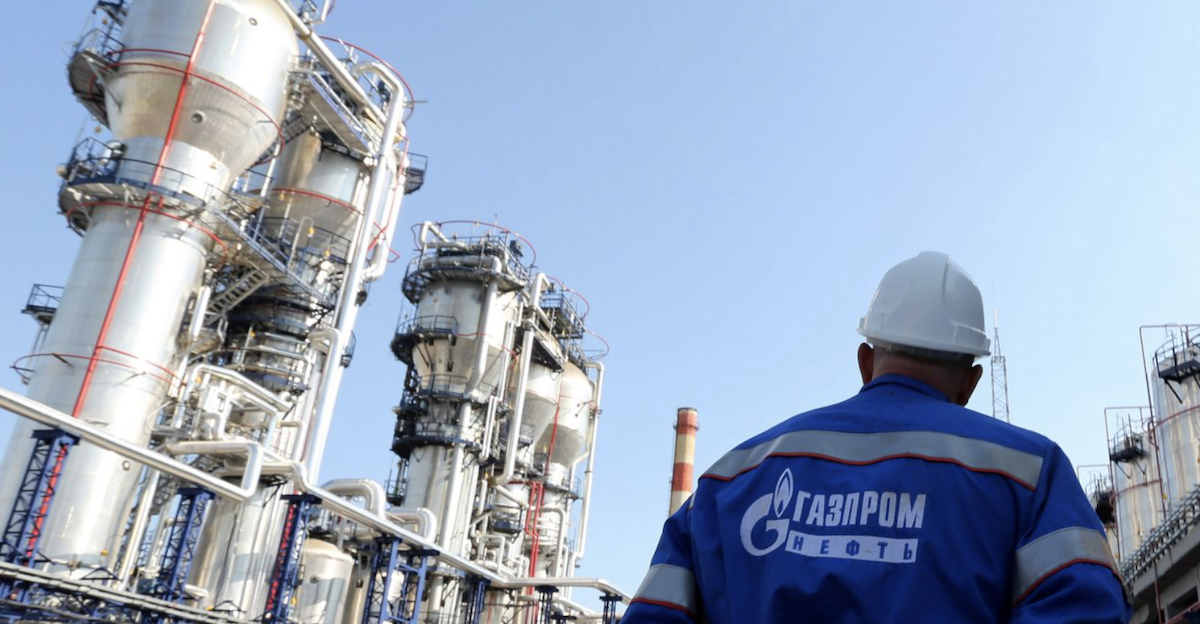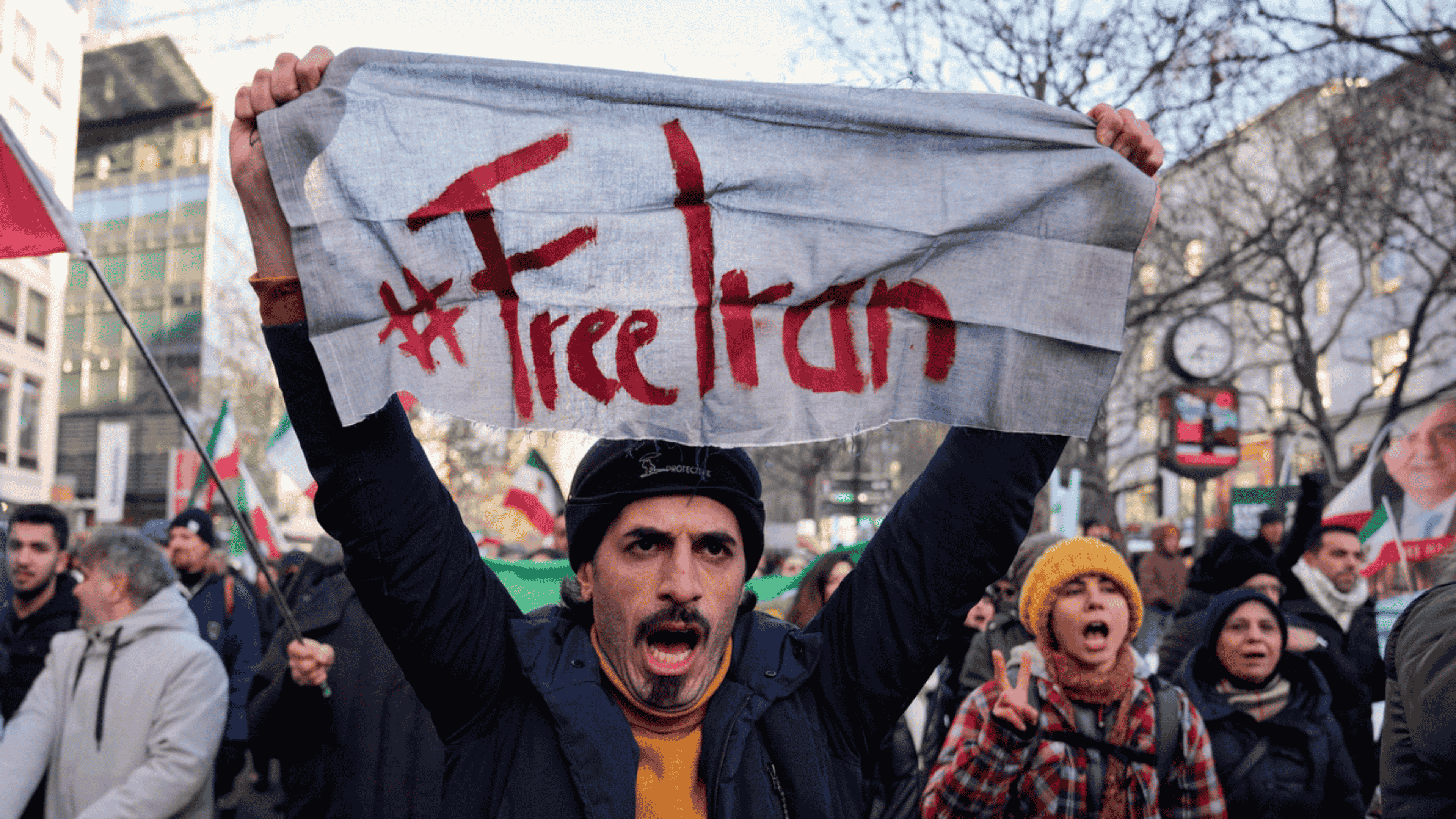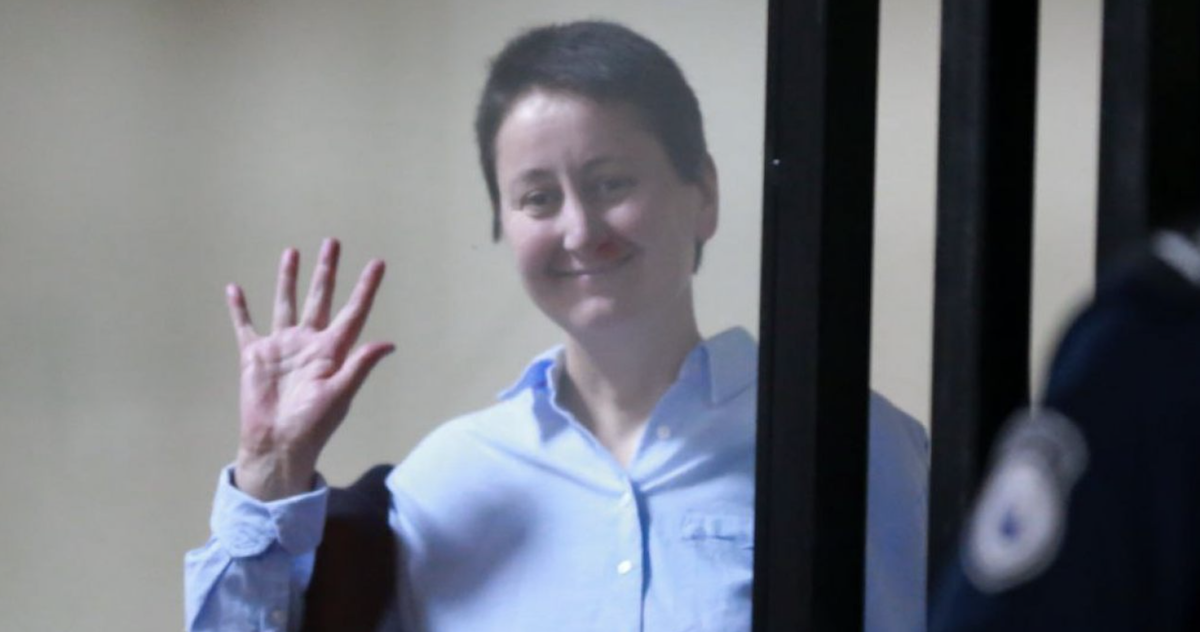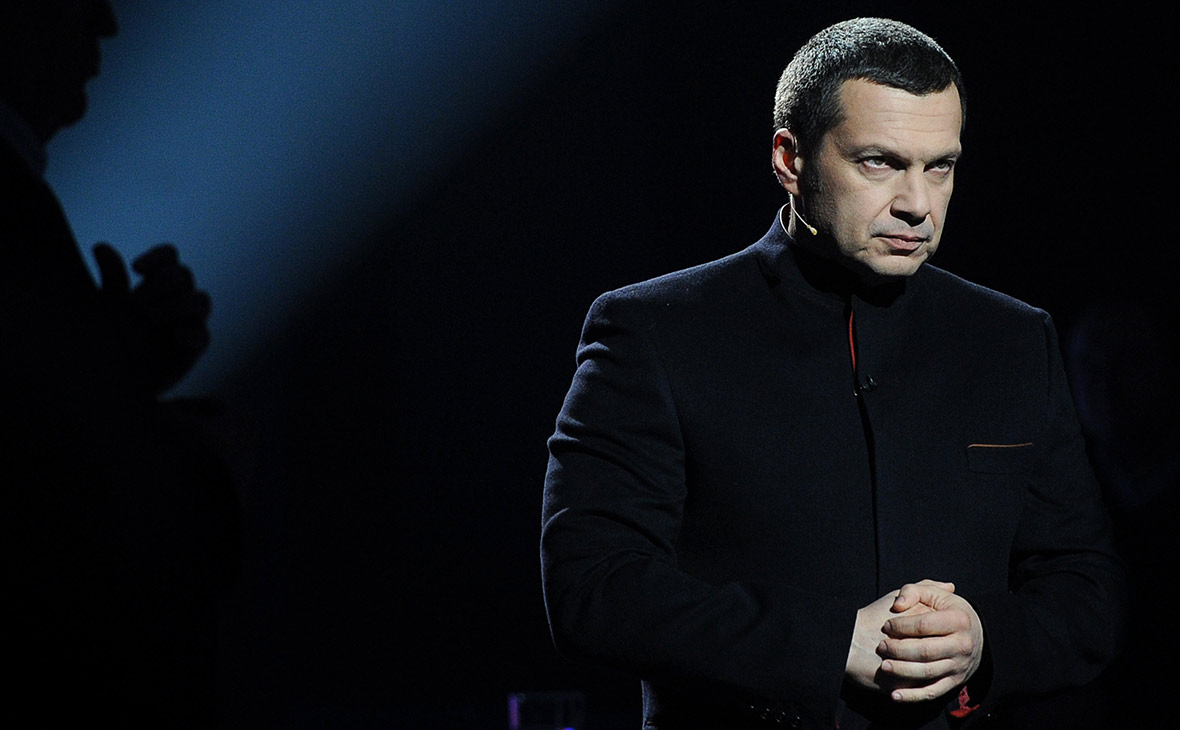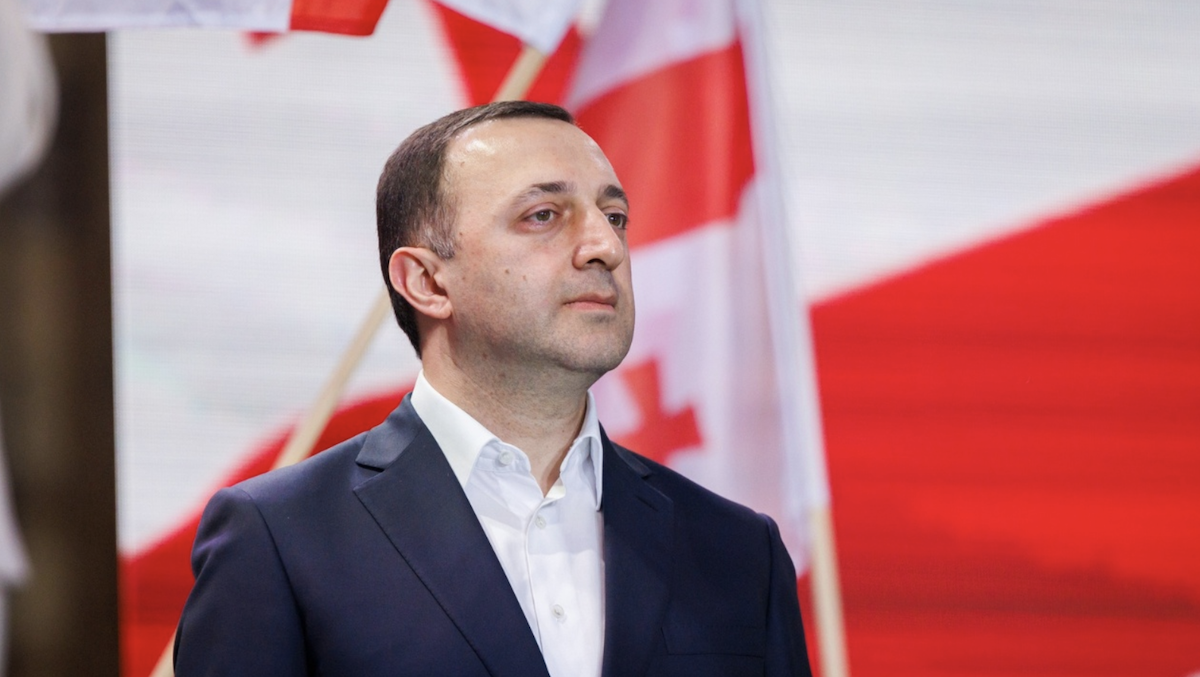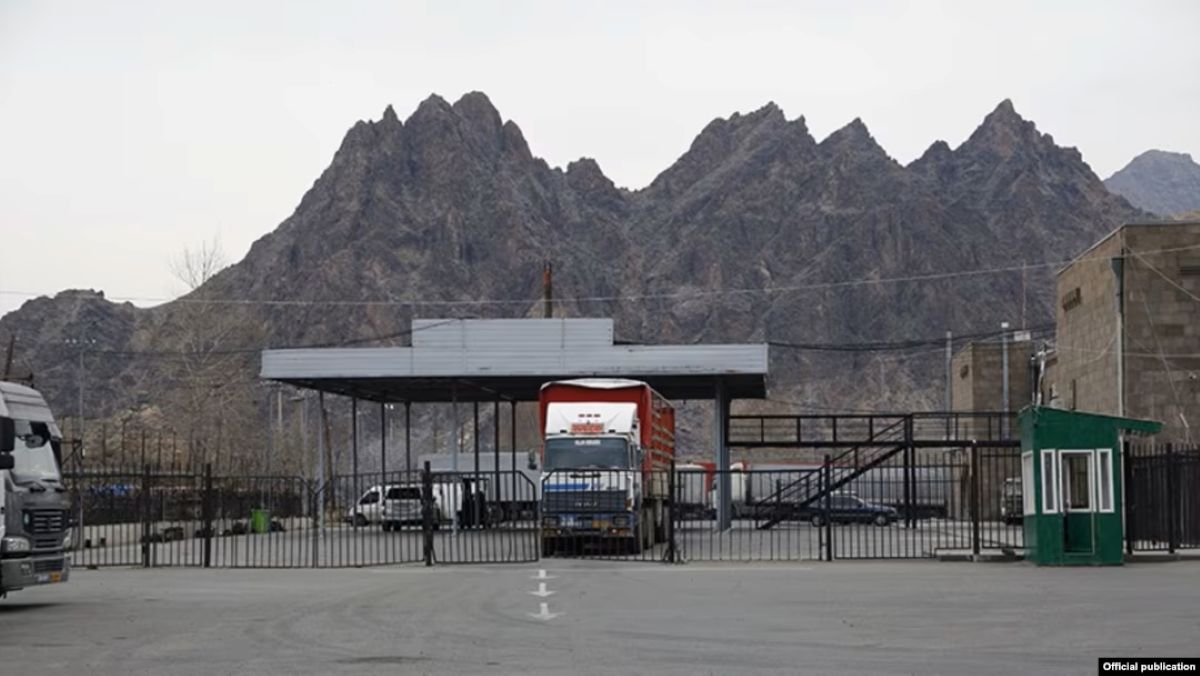Pashinyan-Aliyev meeting in Brussels: will Europe become an alternative platform for negotiations
Pashinyan-Aliyev meeting in Brussels
Pashinyan and Aliyev met in Brussels on the initiative of Charles Michel, head of the European Council, who made a statement after the meeting’s completion and discussed its results.
- Life as it is: Aftermath of the second Karabakh war. A film from Armenia
- What Remains in Memory film: Azerbaijan after the second Karabakh war
“European Council is ready to support the unblocking of communications”
Following the meeting, the head of the European Council Charles Michel said that the President of Azerbaijan and the Prime Minister of Armenia reaffirmed their commitment to the trilateral agreements signed with the mediation of Russia. Both leaders especially noted the progress in establishing communication between the defense departments. The European Council proposed to create a platform for the development of economic cooperation and strengthening of confidence between Yerevan and Baku.
The statement of the head of the EU specifically discusses the need to urgently resolve humanitarian issues, including the release of Armenian prisoners still held in Azerbaijan, determining of the fate of the missing. In doing so, the EU pledges to support humanitarian demining efforts by providing advice and assistance to conflict-affected populations.
The statement of the head of the EU emphasizes the importance of restoring communications between Armenia and Azerbaijan and in the South Caucasus region, noting that this process should take place with full respect for the sovereignty of all countries.
Charles Michel declared that during the meeting, a decision was made to restore the railway lines as important. Moreover, the European Council declares its readiness to support the unblocking of communications.
Reports from Yerevan
Even before the start of the meeting, the Armenian media drew attention to the “tension” between its participants. The President of Azerbaijan, speaking at a joint press conference with the NATO Secretary General, said:
“Trilateral agreements openly state that Azerbaijan provides security and access to the Lachin corridor [the only land road connecting Armenia with Nagorno-Karabakh]. Armenia should provide us with the same unhindered access to the Zangezur corridor [Azerbaijan demands an access to the route to its exclave Nakhichevan running through the south of Armenia].
To date, there are no customs checkpoints in the Lachin corridor. The same should be the case in the Zangezur corridor. If Armenia insists on the installation of customs points to control the movement of goods and citizens through the Zangezur corridor, then we will insist on identical conditions in the Lachin corridor. It is only logical”.
Prime Minister of Armenia Nikol Pashinyan immediately commented on the statement of the President of Azerbaijan, saying that “the Zangezur corridor should function similarly to the Lachin corridor”.
“Azerbaijan is trying to come to a dead end in the issue of opening regional communications. The attempts of the President of Azerbaijan to draw parallels between the opening of regional communications and the Lachin corridor have nothing to do with the discussions that we have had so far,, as well as with the signed statements, and are unacceptable for Armenia. I will unambiguously present this position at the upcoming trilateral meeting today”, Pashinyan wrote on his Facebook page.
After the meeting in Brussels, the press service of the Prime Minister of Armenia announced some of its details.
In particular, the message says on what issues were discussed.
- The process of implementing the trilateral statements in the Russia-Armenia-Azerbaijan format of November 9, 2020, January 11, 2021 and November 26, 2021 was discussed:
“Prime Minister Pashinyan stressed the need for the full implementation of the above statements, and noted the need for an immediate solution to humanitarian issues, ensuring the return of prisoners of war, hostages and other captured civilians. The work on opening regional communications was also discussed”.
- Pashinyan and Aliyev confirmed the agreement on the resumption of the railway operation:
“The railway will operate in accordance with internationally recognized border and customs regulations on a reciprocal basis under the sovereignty and jurisdiction of the countries. Armenia will have access by rail to the Islamic Republic of Iran and the Russian Federation”.
- The need for concrete steps to reduce tension in the region.
- Possible steps aimed at delimiting and demarcating the Armenian-Azerbaijani border and creating an atmosphere of mutual trust between Armenia and Azerbaijan.
- The parties agreed to continue to communicate.
Expert commentary from Yerevan
Experts in Armenia did not hold any particular hopes for the Brussels meeting. Only the solution of humanitarian issues was expected, in particular, the return of at least some of the prisoners whom Azerbaijan continues to hold after the end of the second Karabakh war.
Areg Kochinyan, an expert on military-political issues suggested that the European partners are creating this alternative platform in order to create problems for Russia.
“If the West is really interested in stopping certain processes in this region and restoring its geopolitical positions, it will be able to exert sufficient pressure [on Azerbaijan] on at least one issue – for example, the return of Armenian prisoners, since there cannot be an alternative opinion on this issue – they must be returned. If the West is not interested, and this is nothing more than its multi-regional response to the tension in Ukraine, then we will not see this indicator [usefulness] either”.
In any case, the entire expert community in Armenia was of the opinion that it was necessary to participate in this new format of negotiations, which is an alternative to the trilateral Russia-Azerbaijan-Armenia format.
“The trilateral format [Russia-Armenia-Azerbaijan] is actually four-sided, because it seems that there is a fourth participant in the room, although no one wants to name him – Turkey. Everything that was discussed in this trilateral format does not meet the interests of the Republic of Armenia, the vital interests of the Armenian people”, Areg Kochinyan, an expert on military-political issues believes.
He also believes that if Russia really begins to perceive the intervention of the West as a threat to the fomat created during the 44-day war, then Azerbaijan’s aggressive statements, aggressive actions along the entire perimeter of the border, as well as statements about the seizure of the “corridor” by force will once again intensify”.
Reports from Baku
Azerbaijani media write that for the first time after the second Karabakh war, a tete-a-tete meeting took place between Azerbaijani President Ilham Aliyev and Armenian Prime Minister Nikol Pashinyan – without the presence of mediators. It took place late in the evening on December 14 in Brussels, right after a joint dinner with President of the European Council Charles Michel.
Specific information about what was discussed between Aliyev and Pashinyan has not yet been reported. The Azerbaijani media only write that the parties agreed to launch a railway connecting Armenia and Azerbaijan.
Before meeting with Nikol Pashinyan, Azerbaijani President Ilham Aliyev met with NATO head Jens Stoltenberg, where he made a statement on the Zangezur corridor.
“The legal regime of the Zangezur corridor should be exactly the same as that of the Lachin corridor”, Aliyev said.
For the first time, the President of Azerbaijan publicly announced that “there are no checkpoints in the Lachin corridor, respectively, there should be no customs posts in the Zangezur corridor”. This is his response to Armenia’s refusal to provide a corridor through its territory and with no sovereign control over it.
“If Armenia wants to control the passage of goods and people, we will open a customs post in the Lachin corridor”, Aliyev said.
Expert commentary from Baku
The West wants to turn the issue of corridors in the confrontation between Azerbaijan and Armenia against Russia, says political observer Agshin Kerimov.
“According to Pashinyan, Aliyev’s statement on the Zangezur corridor has nothing to do with the negotiations held so far and the agreements that have been signed.
As for the very statement of Ilham Aliyev, it is necessary to pay attention to the following: he voiced it in the West, at a joint press conference with the NATO Secretary General.
What does this mean?
Firstly, Aliyev is introducing new content into the strategy for using the Zangezur corridor.
Secondly, this means that the issue of the Lachin corridor has been raised in Western political circles, and this may cause jealousy in Russia.
Thirdly, calling for a revision of conditions of the operation of Lachin corridor in response to the revision of the operation of the Zangezur corridor creates favourable environment for the presence of the West in the region.
What conclusion can we make? Firstly, it is necessary to wait for Russia’s position. It is also necessary to take into account that Azerbaijan adheres to the position of building an alternative road to the Lachin corridor and redeploying Russian peacekeepers there.
The West, in turn, is trying to reduce the level of Russia’s influence on the peacekeeping process. But does it have the leverage for the practical fulfilment of this desire?
So far they are not visible, but there is no need to rush in this matter either. In the coming months, the course of events will show us what conclusions can be drawn from this”, the political observer noted.










